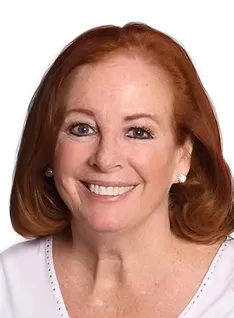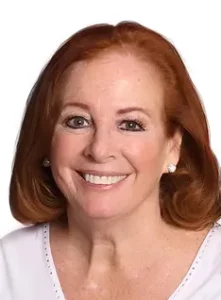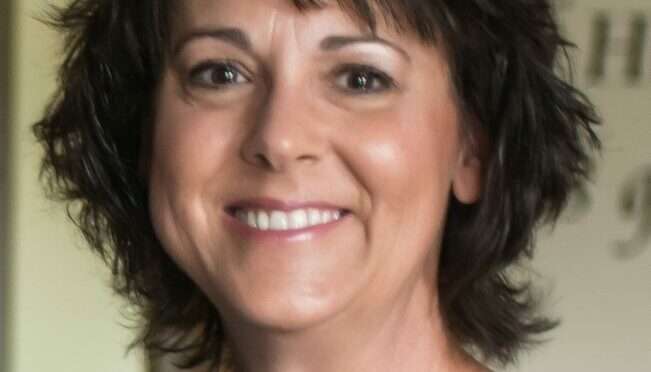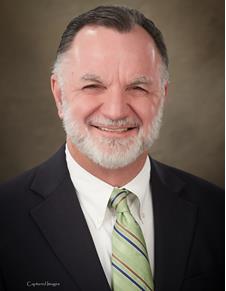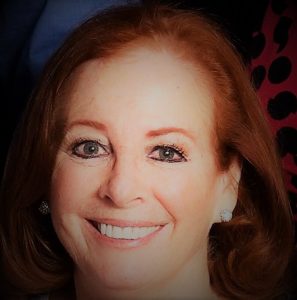Every year at Thanksgiving I write an article about how I’m going to be more thankful, an area in which I am frequently tested.
This past week, for example, I was at the Immigration Office here in Mazatlán, 40 minutes from where we live, handing in paperwork that I had started at the Embassy in Kansas City and needed to finalize here. It was my third trip because I just didn’t “have things completed correctly” the first two times, as didn’t several other people waiting to have their numbers called. Trying to be thankful. Trying to be thankful.
This trip, I had only two hours allotted because of a hair appointment (important!), but I figured I could at least hand in my latest version of paperwork and again be told what I had done wrong. Signing in, I was given the #18 card (not good), but when the lady called out “#15,” I knew I had a chance. And I would have, had two, selfish people not walked in the door and gone straight up to the window without being given a number. Not thankful.
I began grumbling. Not exactly to myself. Which is where things got interesting. You see, I had taken along my Bible to catch up on my assigned reading for my upcoming Zoom study on Proverbs. For an hour, I underlined key phrases (most of them, actually) that would make me a better person…verses like Proverbs 12:25: Anxiety in a man’s heart weighs it down, but a good word makes it glad. I was not glad. Or thankful. And that’s when I heard my name.
“Patty”? I turned around to find Teresa, a friend of a friend, right behind me, smiling. She was there to help an elderly woman figure out the paperwork nightmare, as she had for several other people in the past. They had waited for a couple of hours, only to be sent to “the Coca-Cola lady” (called that because she also sells Coke products) down the street to have some copies made, one which had to be filled out in blue ink. (Mine was in black ink.) “Blue ink? Where does it say ‘blue ink’?” I groaned. Of course, it didn’t. Less thankful by the minute.
About that time, an elderly couple entered and struck up a conversation with Teresa. (Even though holding a Bible, I looked as approachable as a cattle prod.) Poor things had bussed to Mazatlán from Phoenix, but when they crossed the border, no one stamped their passports. They had asked the bus driver about it, but he said that it wasn’t necessary. He was wrong.
They would not be able to return home without that stamp. Starting off at Mazatlán’s U.S Embassy, they were informed to come to Immigration for help. Teresa told them to walk up to the window and ask. “Proverbs” had kicked in, I guess, because even I didn’t object. There they were advised to return to the border (11 hours away) and get their stamps. Not even the Coca-Cola lady could help this couple. “Oh well,” the elderly man said, “I guess we’ll see a lot more of Mexico.”
He was finding something to be thankful for? And here I was, Bible in hand, fretting over making my hair appointment. What is wrong with you? I asked myself. By the time #17 was called, I had to leave. The next day, I was back, 45 minutes early. Waiting outside, one of the workers—who must have recognized me—asked to see my papers. Soooo thankful.
She took them inside and quickly returned to explain that my passport has a small space between La and Roche, and when I typed it into my documents, I didn’t add the space. (I never do.) I needed to “have things completed correctly” and return. Soooo unthankful.
That’s when someone nearby told me to go see the Coca-Cola lady down the street who (for a fee) corrected my paperwork. Returning to Immigration, I was #10 in line, and six hours later, I had the document I needed. Sort of thankful.
But not really. I guess I’ll just have to work on this thankfulness thing next year.
